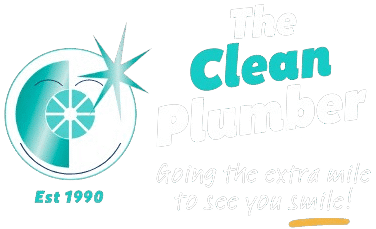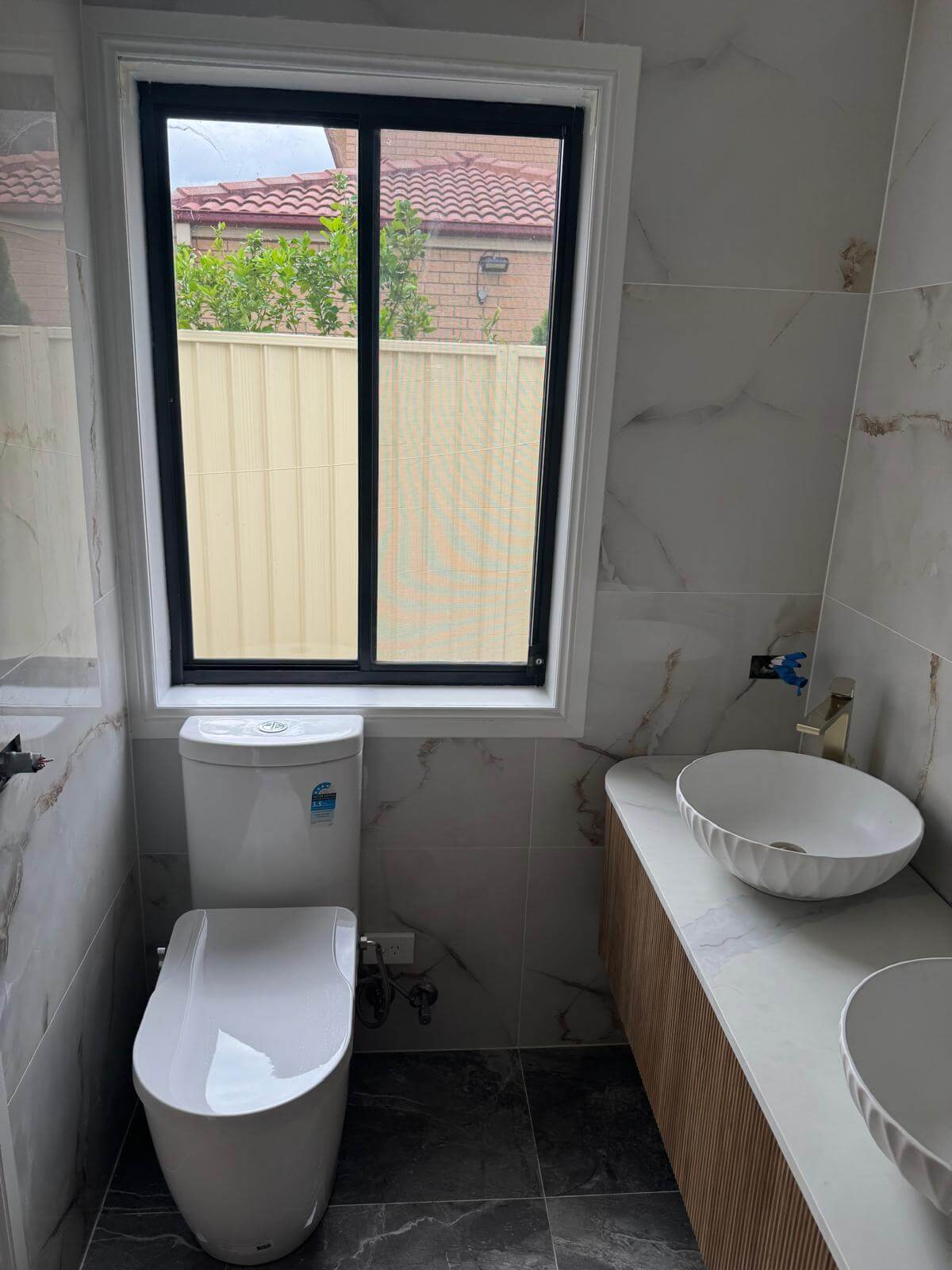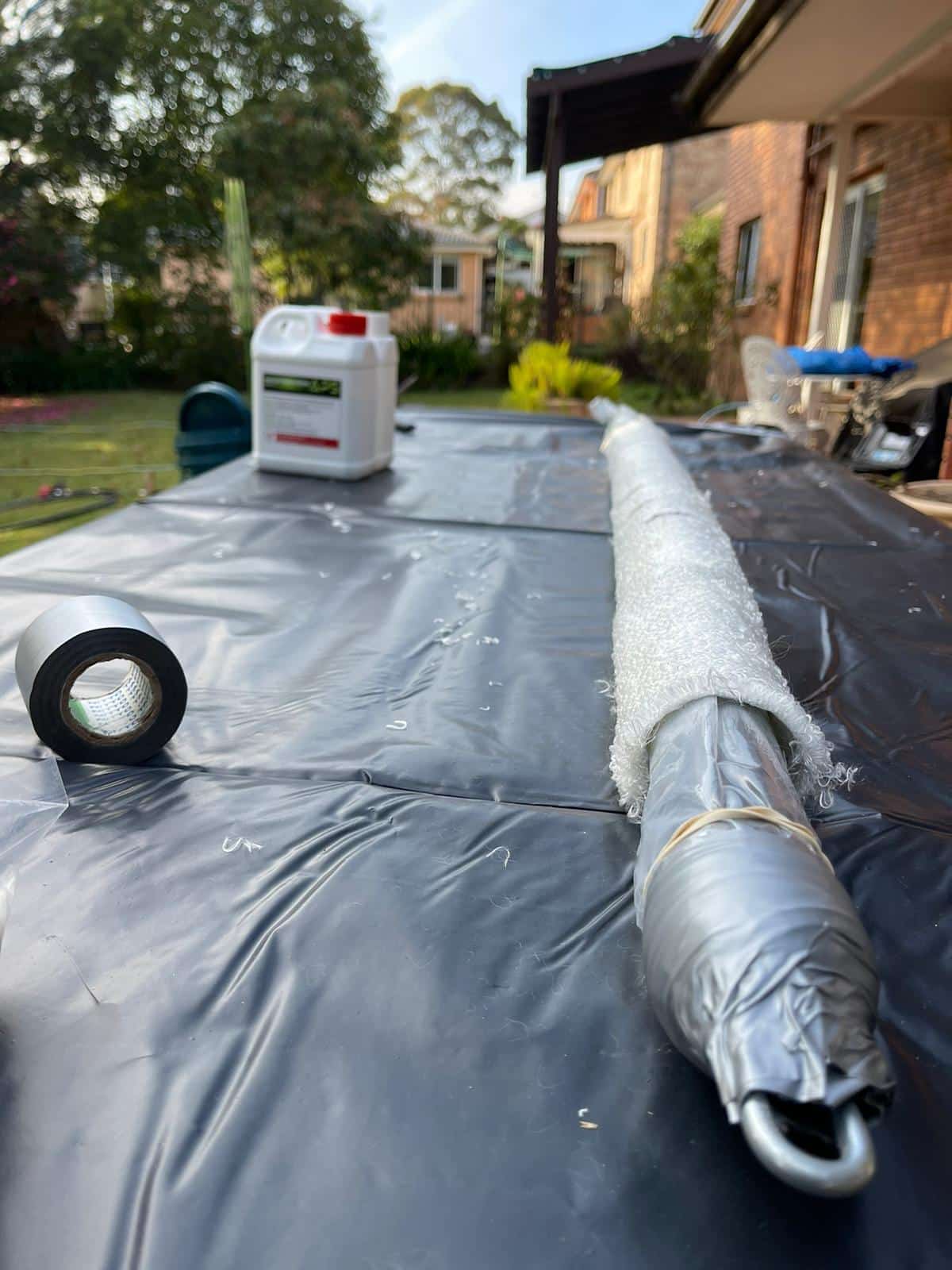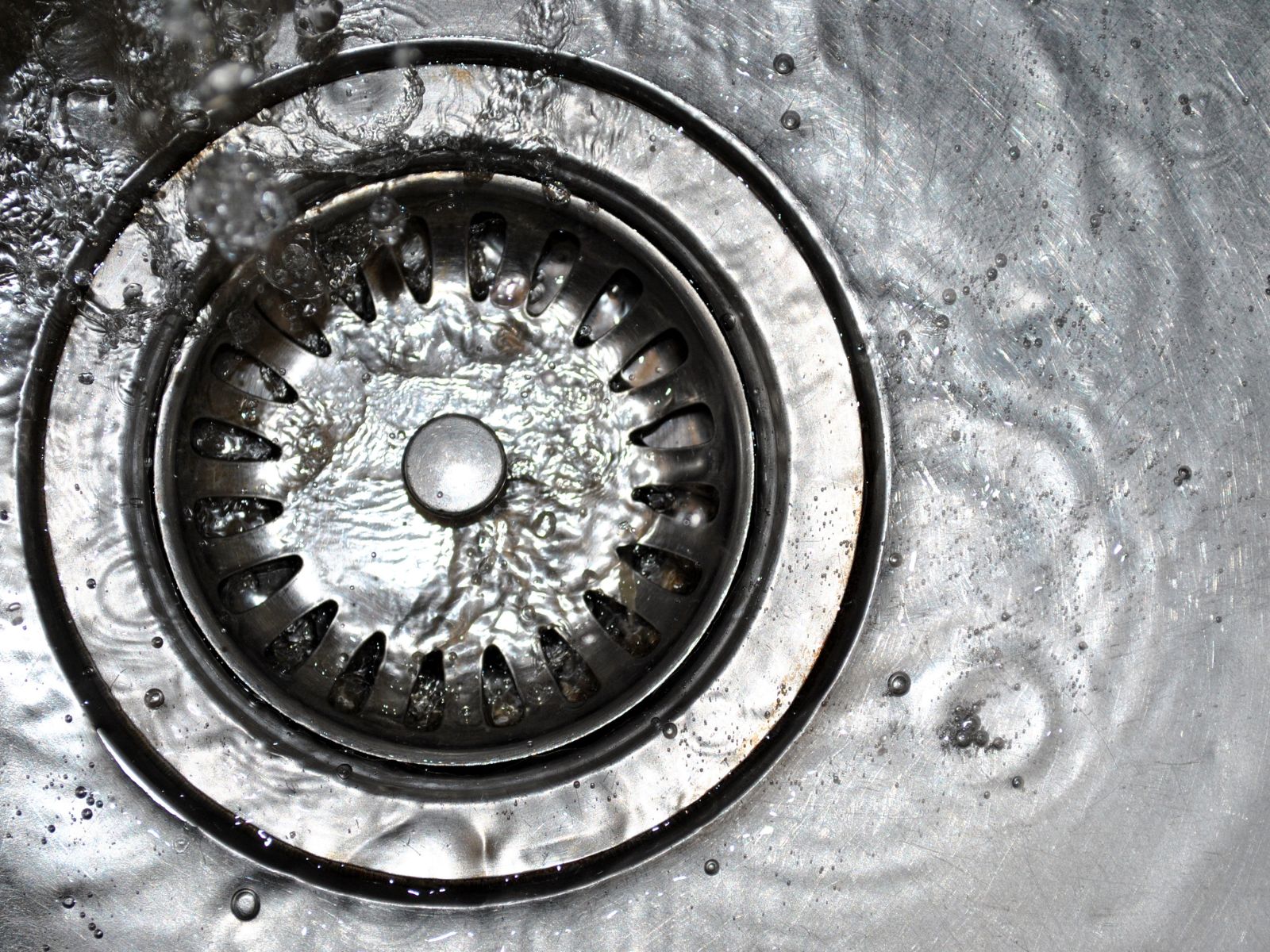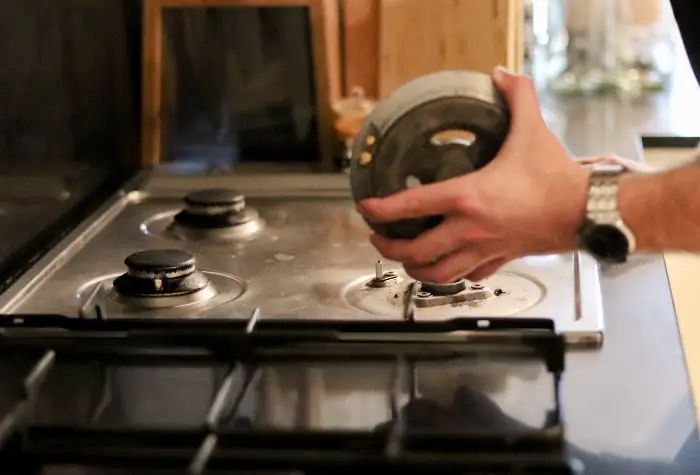Toilet bowls, though often overlooked, can quickly become a source of frustration when brown stains in your toilet appear. These stains are typically caused by a range of factors, including hard water, mineral deposits, and rust. Understanding what causes brown stains in toilet bowl and the best ways to remove them can help homeowners maintain clean and hygienic bathrooms. In this guide, we will delve into the causes of brown toilet bowl stains, how to remove hard water stains effectively, and preventative measures to avoid recurring stains.
Causes of Brown Toilet Bowl Stains
The most common causes of green or brown stains in toilet bowls are mineral deposits, rust, and contaminants in the water supply. These stains are typically not only unsightly but can also lead to further plumbing issues and bacteria if left untreated. Let’s break down the most common causes:
Rust Stains:
One of the leading causes of rust stains in toilet bowls is rust, which is usually the result of iron present in the water. Iron can build up in the toilet bowl over time and create reddish-brown or orange stains. If your plumbing system is old, rusted pipes could be leaching iron into the water supply, leading to these unsightly stains.
Mineral Deposits:
Another common cause of mineral stains is the presence of hard water. Water high in minerals like calcium and magnesium can leave behind mineral deposits, which, when combined with other substances in the water, can cause brown staining. These deposits often appear as streaks or blotches and are particularly visible in areas with high water hardness.
Tree Roots and Old Pipes:
In some cases, a badly stained toilet is the result of old, damaged pipes that have allowed tree roots or debris to enter the plumbing system. Tree roots are notorious for infiltrating plumbing lines, causing clogs and sometimes introducing organic material that can contribute to staining.
Mould and Mildew:
While less common, mould and mildew can also cause brownish stains in the toilet bowl, making cleaning toilet stains more challenging especially if there is a lot of moisture buildup in the bathroom. This is typically accompanied by a musty odour, which can help distinguish it from other stains.
Contaminants in the Water:
Sometimes, brown stains can be caused by contaminants in the water itself. In addition to iron, other substances like manganese, sulphur, and other organic materials can discolour the water, leading to stains. These stains are often more difficult to remove than those caused by simple hard water deposits.
Problems Associated with Stained Toilets
Beyond the cosmetic issues, brown toilet stains and mould stains can lead to a range of more serious problems, especially bacteria if they are left untreated for too long. Here are some of the common problems caused by stained toilets:
Health Risks:
The presence of iron, manganese, and other contaminants in tap water can pose health risks. Iron can cause digestive upset, while long-term exposure to manganese can lead to neurological issues, including memory loss, problems with motor skills, and attention deficits.
Bacterial Contamination:
The bacteria that can live in rust or mineral deposits can be harmful if ingested. In some cases, the bacteria can cause upset stomachs or diarrhoea.
Cleaning Challenges:
Stains in the toilet bowl make regular cleaning much more difficult. The longer stains are allowed to sit, the harder they become to remove. This can lead to frustration and the need for more frequent or aggressive cleaning.
Clogging:
Over time, mineral buildup from hard water and rust can cause blockages in the plumbing system. This may lead to slow drainage, clogs, or even pipe damage if not addressed in a timely manner.
Removing Brown Stains from Toilet Bowls
Removing brown clean toilet bowl stains from the toilet bowl can be challenging, but with the right approach to remove stains , it’s certainly achievable. Here are some of the most effective methods to remove hard water stains and for eliminating these stains:
White Vinegar:
White vinegar is one of the best natural cleaning agents for removing brown toilet stains. Simply pour a generous amount of white vinegar into the toilet bowl, ensuring that it covers the stained areas. Let it sit for at least 30 minutes, then scrub with a toilet brush. The acidity of the vinegar will break down mineral deposits and rust, leaving the toilet bowl spotless.
Lemon Juice:
If you prefer a more natural, yet powerful alternative to vinegar, lemon juice is a great option. The citric acid in lemon juice helps dissolve stains, especially rust stains. Apply the juice to the affected area, let it sit for about 20 minutes, then scrub away the stains.
Hydrogen Peroxide:
Hydrogen peroxide is another excellent alternative to store-bought cleaners. It works effectively on mineral deposits and stubborn rust stains. Apply the hydrogen peroxide directly to the stains, let it sit for 15 minutes, then scrub and rinse.
Baking Soda:
Baking soda is a versatile cleaner that can be used to tackle mineral deposits and general staining. Sprinkle it directly into the toilet bowl, let it sit for a few minutes, and then scrub away the stains with a toilet brush.
Natural Methods to Remove Stains
For those who prefer cleaning toilet stains with natural, non-toxic methods of cleaning instead of using harsh chemicals , it’s advisable to wear rubber gloves; several options are available:
Pumice Stone or Steel Wool:
A pumice stone or fine-grade steel wool can be used to scrub away minor stains. Make sure to wet the stone or steel wool before using it to avoid scratching the porcelain.
Borax and Vinegar Paste:
Mix borax and white vinegar to create a paste that can be applied directly to the stains. Let it sit for 20-30 minutes before scrubbing. This mixture works especially well for mineral deposits and hard water stains.
Citric Acid:
For rust stains, citric acid can be a powerful solution. Use it in a similar manner to vinegar to remove rust stains from the toilet bowl.
Preventing Brown Stains in Toilet Bowls
The best way to handle brown stains is to prevent them from forming in the first place. Here are some tips to help you avoid the buildup of rust deposits; finding an effective solution like a water softener can be particularly helpful for minerals and other contaminants:
Regular Cleaning:
Consistent cleaning is the key to preventing stains. Clean your toilet at least once a week to prevent mineral buildup and rust stains from forming.
Use Rust-Inhibiting Cleaners:
Consider using a cleaner specifically designed to prevent rust. These cleaners help reduce the chances of iron buildup in the toilet bowl.
Pipe Replacement:
If your plumbing is old and rusted, replacing the pipes can prevent rust stains from entering the toilet bowl.
Water Filter:
Installing a water filter can reduce the amount of iron and other minerals in the water, preventing rust stains.
Preventing Rust Stains in Toilet Bowls
Avoid Bleach:
Do not use bleach to clean rust stains, as it can make the problem worse by reacting with the rust and making the stains more difficult to remove.
Be Gentle with Cleaning:
Avoid using abrasive materials or harsh scrubbing methods, as they can scratch the porcelain, making it easier for stains to form.
Professional Help for Toilet Stains
Sometimes, stubborn stains are beyond the capability of DIY cleaning methods and may require a bit of elbow grease . In these cases, it may be worth consulting a professional plumber who can recommend using warm water to assist with cleaning . Plumbers have the expertise and tools necessary to remove rust stains, repair plumbing issues, and prevent further staining.
Frequently Asked Questions (FAQs)
How to stop brown stains in the toilet?
Regular cleaning, using rust-inhibiting cleaners, and installing a water filter can help prevent brown stains.
Does CLR remove brown toilet stains?
Yes, CLR (Calcium, Lime, and Rust remover) can effectively remove rust and mineral stains, but be sure to follow the manufacturer’s instructions.
How to get rid of brown sediment in a toilet?
Brown sediment can be removed using natural cleaning agents like vinegar, baking soda, or commercial cleaners designed for mineral deposits.
How do I get rid of brown limescale in my toilet bowl?
Limescale can be removed with a mixture of vinegar and baking soda or a commercial limescale remover.
By understanding the causes and employing the right methods during the cleaning process , including a cleaning solution for the toilet seat, you can keep your toilet bowls free from brown stains and bacteria and maintain a clean, hygienic bathroom.


